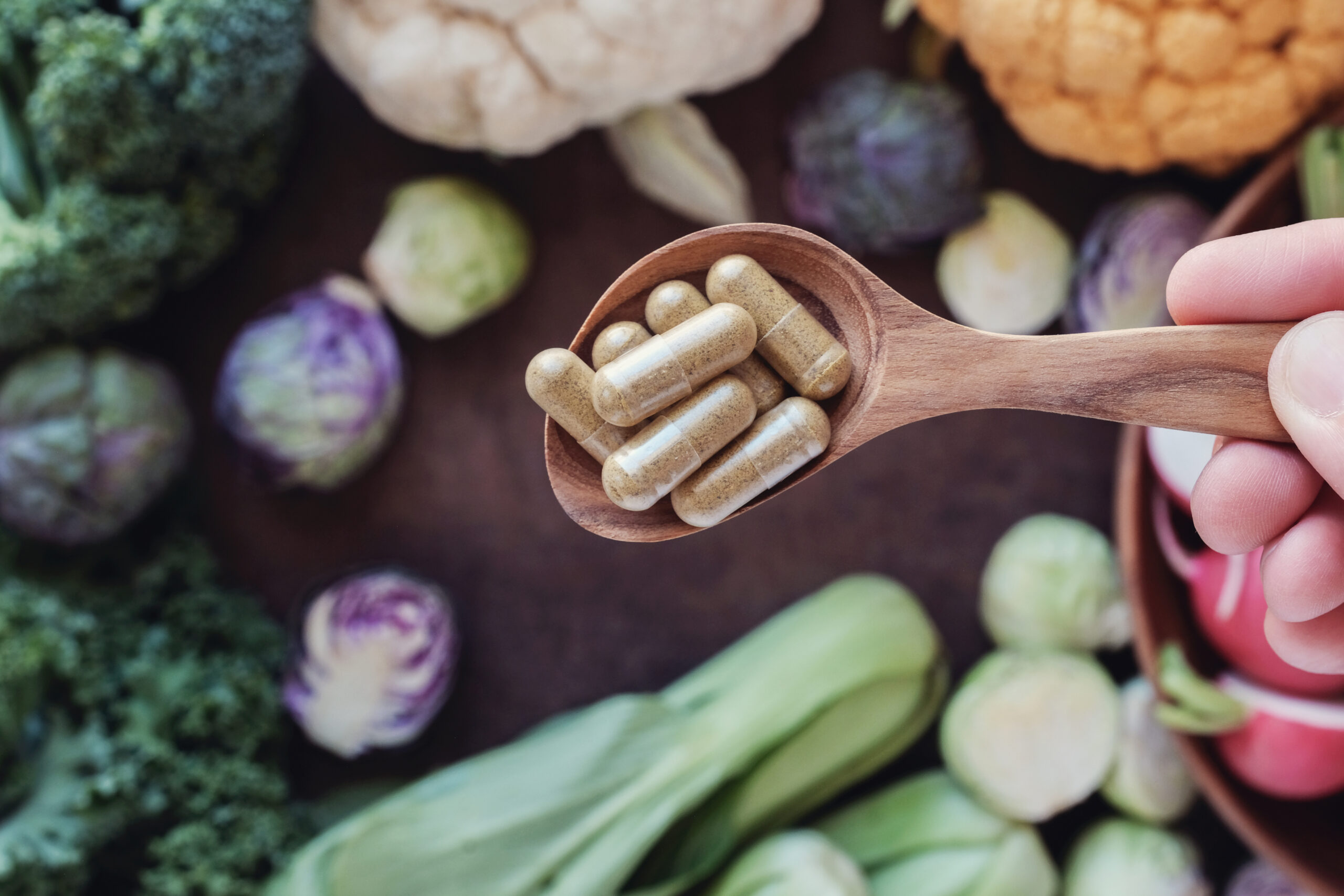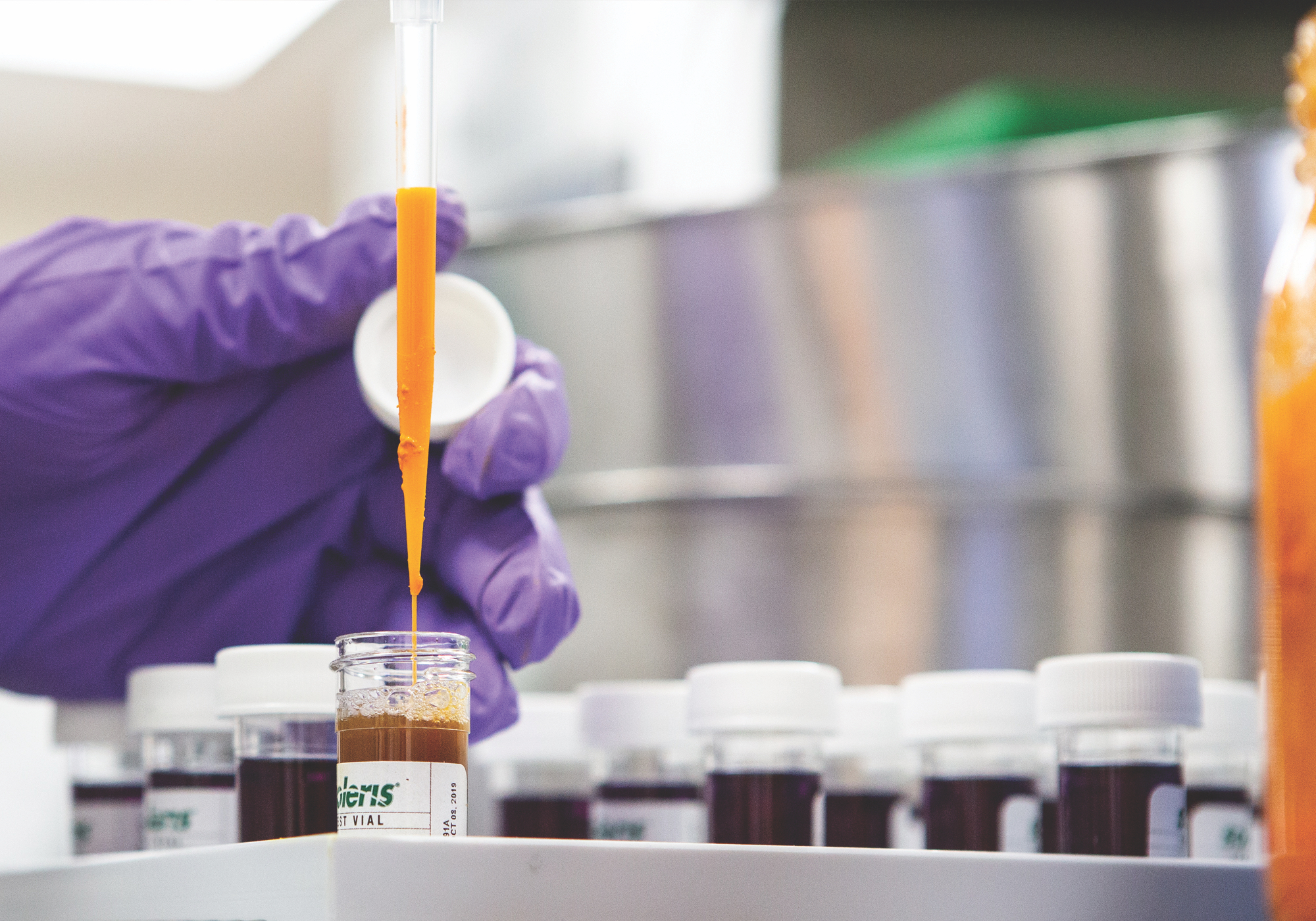Scientific name:Scutellaria baicalensis
Constituents:
- Flavone glycosides: Baicalin & baicalein (aglycone of baicalin), wogonoside, skullcapflavone II, tetrahydroxy-dimethoxyflavone, and chrysin
- Phytosterols
Medicinal actions:
- Anti-inflammatory
- Hepatic
- Hepatoprotective
- Hypotensive
- Antiseptic
- Anti-thrombotic
Mechanism of Action & Pharmacology:
- Flavonoids & Flavone glycosides (baicalin, baicalein, wogonin) are primarily responsible for therapeutic effects, including anti-inflammatory and hepatic effects.
- The pharmacokinetic properties of baicalin or baicalein (flavonoid glycosides) are such that they pass through the gut unchanged until they reach the large intestine where they are converted into the aglycone by bacterial action.
- Baicalin, the major flavonoid component, reduces the serum ALT & AST enzyme levels in rats given oxidized oils. Baicalein and wogonin are potent sialidase inhibitors in the liver (sialidase may act as as pathogenic factor in microbial infections), and have been shown to inhibit lipid peroxide formation in the rat liver.
- Baicalin and baicalein demonstrated anti-allergic and anti-asthmatic activity in several animal models.
- The effects of flavonoids on eicosanoid production from leukocytes was studied in vitro, and baicalein was found to act as a dual inhibitor of arachidonic acid metabolism, and was a strong inhibitor of leukotriene production (lipoxygenase inhibitor). Leukotrienes are significantly involved in immunoregulation and in a variety of inflammatory and allergic conditions, including asthma. Baicalein also inhibited degranulation of polymorphonuclear leukocytes, and inhibited leukotriene B4 synthesis by human alveolar macrophages. Wogonin mainly inhibited prostaglandin production (cyclooxygenase inhibition).
- Baicalein, wogonin, and to a greater extent skullcapflavone II and the other flavone and flavanones mentioned above also inhibit chemically-induced histamine release from rat mast cells.
- Baicalin & baicalein may play a role in anxiolytic & anti-convulsant activity, as they are known to bind to the benzodiazepine site of GABA receptors.
Pharmacy:
- Decoction
- Capsules
- Tincture
Safety & Toxicity Concerns:
- Toxic doses may cause vomiting and sedation.
- Avoid in pregnancy and lactation due to unknown effects.
Interactions:
- May increase drug levels of Losartan & Rosuvastatin.
- In Traditional Chinese Medical context, is contraindicated in cold conditions.







